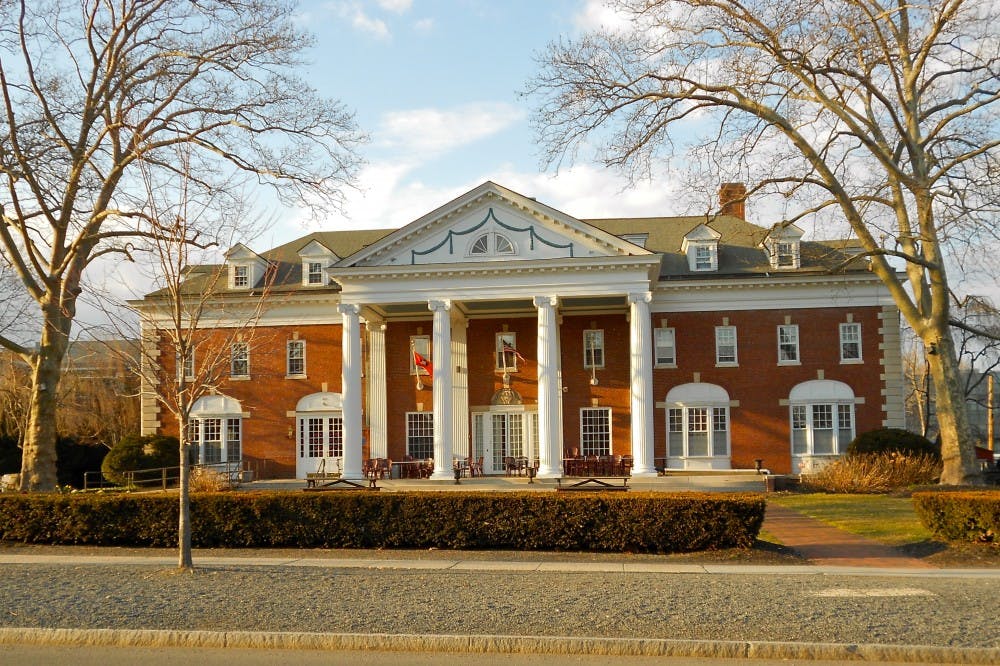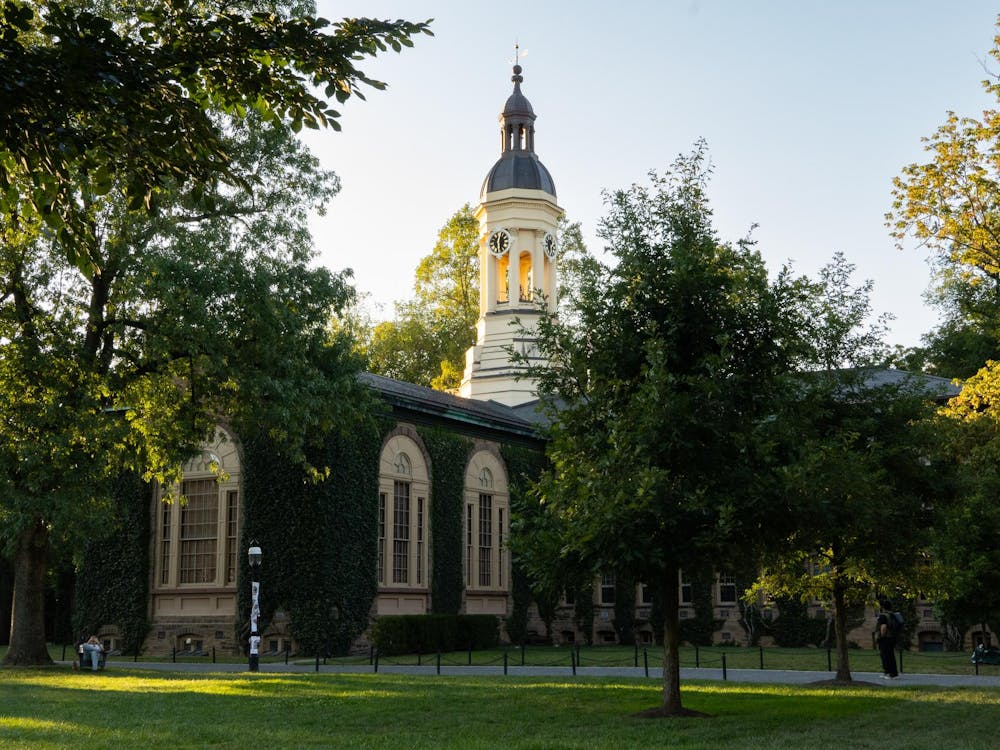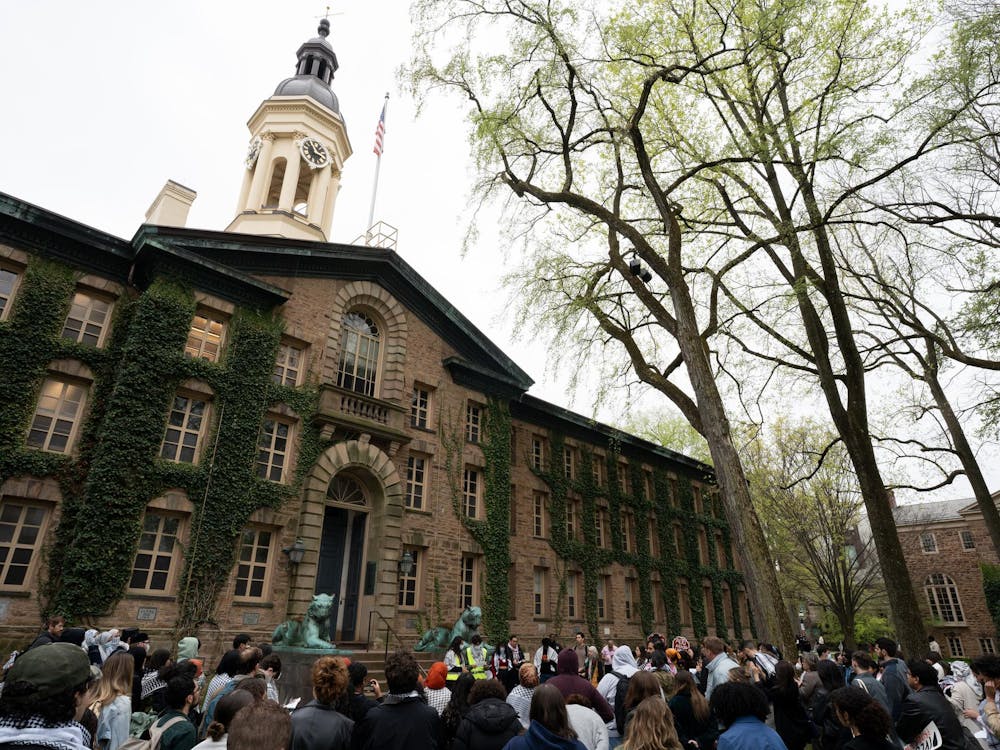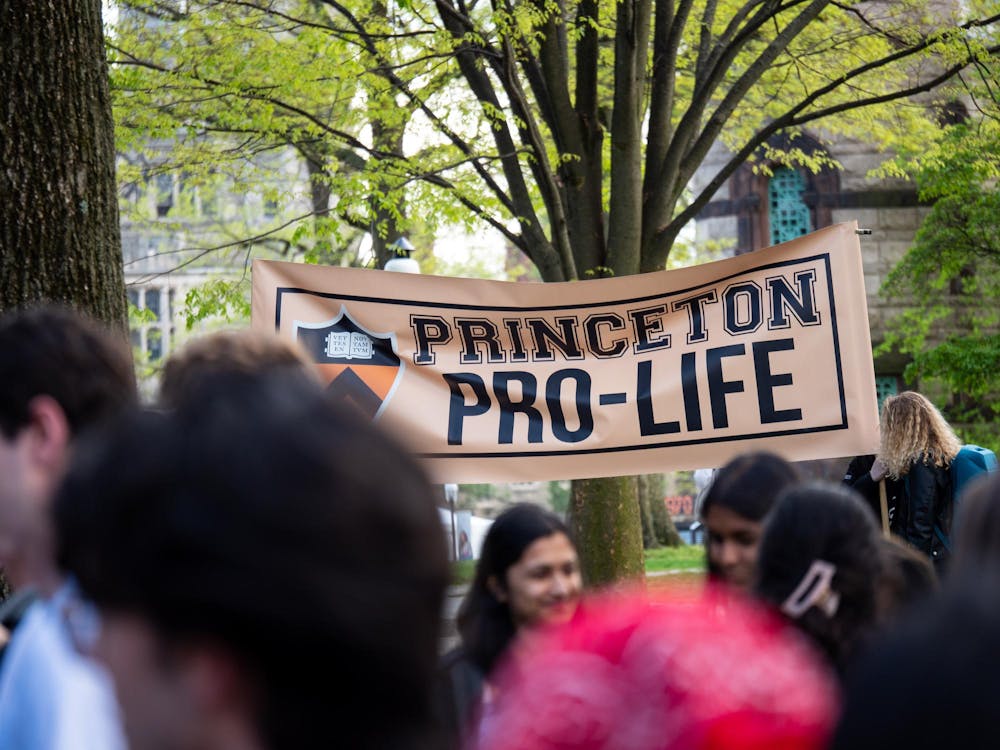According to the Interclub Council, the percentage of people choosing to join non-selective, “sign-in” eating clubs has been declining. This year, 325 sophomores participated in the first round of the sign-in process, a 14 percent decline from the spring of 2017.
The Daily Princetonian spoke with both the current and previous presidents of the ICC to find out more about the overall decline in membership among the five sign-in clubs. Both the current president Hannah Paynter ’19 and former president Matthew Lucas ’18 said the ICC is taking active measures to reverse the trend.
“There are more and more concentrated efforts to expand the transparency of the eating clubs and to champion diversity and inclusion,” said Paynter, president of the ICC and president of Cloister Inn. “We want the clubs to not just be an option for students, but to be available to everyone.”

Paynter also noted there are valuable aspects of sign-in clubs that many students may be unaware of. She said that increased awareness of what makes the clubs great will help students make more informed decisions about signing into a club.
To expand awareness, Paynter said that a new marketing campaign and Instagram page will be launched in the fall.
“We really want people to feel that they’re prepared to make a choice after Intersession,” she said.
“Awareness is the key to getting things moving” said Nivanthi Karunaratne '18, a member of Colonial Club. She said she chose to sign into Colonial because she liked the friendly atmosphere, and the fact that there wasn't pressure to drink, or not to drink.
Paynter and Lucas expressed concerns that there is bias against the sign-in clubs among the student body. They said that perceptions of the sign-in clubs as second tier options may have played a part in the decline in membership between 2017 and 2018.
Colonial Club president Kimberly Peterson ’19 declined to comment. Quadrangle Club president Sarah Spergel ’19, Terrace Club president Liz Yu ’19, and Charter Club president Conor O'Brien ’19 did not respond to requests for comment.

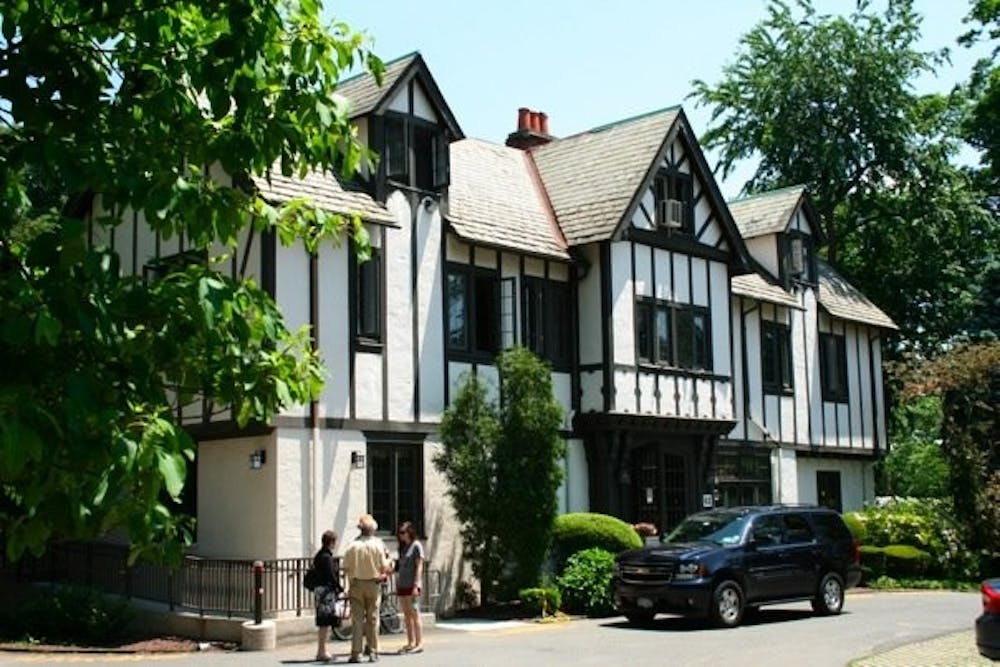
“There is definitely a damaging rhetoric on Princeton’s campus that paints the sign-in clubs as second tier choices, when that’s not the reality,” Paynter said. “Each and every club offers extraordinary opportunities for students across campus to come and grab a meal with students they may not have already met, and feel supported and engaged in a whole slew of great things that the clubs provide,” Paynter said.
Lucas also pointed to the fact that in 2011, the creation of Cannon Dial Elm Club tipped the balance in favor of Bicker clubs. With the addition of Cannon, six of the 11 clubs are Bicker. Lucas said that the shift in balance was not necessarily a bad thing, but that it may have changed how students make decisions about which clubs to join.
Lucas emphasized that the trend is “concerning” to the Street as a whole.
“There’s no difference between the Bicker and sign-in clubs. From my time here, just the fact that there’s this huge push for Bicker as an experience, it kind of dominates everyone’s conversations," Paynter said.
“What I would say to someone is that ultimately an eating club has a lot more to offer than exclusivity,” Karunaratne said. “Our member events are really great, and we’re not an exclusive club by any means.”
"People are more likely to say ‘what club are you bickering?,’ Paynter said. "But the reality is that the 70 percent of the student body that are in eating clubs aren’t all in Bicker clubs.”
The problem of declining membership has been on the ICC’s radar for several years.
Lucas said the issue was a big topic that came up during his very first meeting as ICC president, in late 2016.
“There’s more that could be done, but I don’t think that it’s anyone’s fault,” Lucas said. “There’s no clear thing that we can point to and say ‘this is bad’. The trend emerged as a result of choices people make.”
As of the spring of 2018, 77 percent of sophomores either bickered or signed into a club, which shows that eating clubs are still overwhelmingly popular venues on campus overall.
“All of the clubs recognize that the open clubs are important to the Street functioning the way it does overall. There’s a strong sense that we’re all in it together, so it’s in everyone’s best interests to have strong and viable options,” he said.





